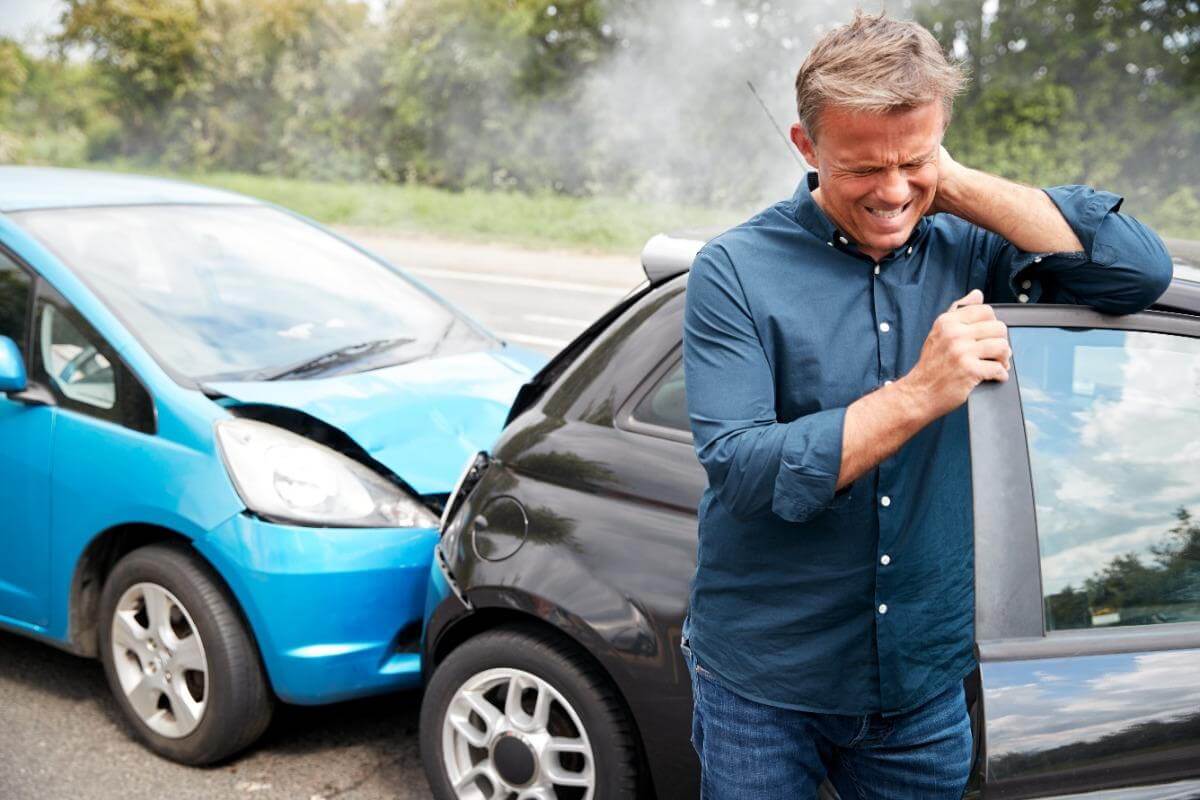Physical Therapy: A Cornerstone of Auto Accident Recovery
Auto accidents can have devastating consequences, both physically and emotionally. While medical attention is crucial for treating immediate injuries, physical therapy is essential for long-term recovery and rehabilitation. By addressing pain, restoring function, and preventing complications, physical therapy helps individuals regain their independence and quality of life after a car accident.
Common Auto Accident Injuries Requiring Physical Therapy
Car accidents can cause various injuries that benefit from physical therapy:
- Whiplash Characterized by neck pain and stiffness, often accompanied by headaches and dizziness.
- Back and Spinal Injuries Including strains, sprains, and herniated discs.
- Shoulder and Arm Injuries Shoulder pain, rotator cuff tears, or upper extremity fractures.
- Knee and Leg Injuries Knee sprains, ligament tears, or fractures affecting lower limb function.
- Head and Brain Injuries Concussions and other head trauma may require vestibular rehabilitation.
The Role of Physical Therapy in Recovery
Physical therapy is a cornerstone of rehabilitation after a car accident:
- Pain Management Utilizing modalities such as heat, ice, ultrasound, and electrical stimulation to reduce pain.
- Improving Mobility Restoring range of motion through stretching and mobilization techniques.
- Strengthening Exercises Building muscle strength to support injured areas and prevent re-injury.
- Balance and Coordination Training Regaining stability and confidence in movement.
- Functional Training Teaching patients how to perform daily activities safely and efficiently.
The Benefits of Physical Therapy
Physical therapy offers numerous benefits for car accident survivors:
- Reduced pain and discomfort
- Improved range of motion and flexibility
- Increased strength and endurance
- Faster return to normal activities
- Prevention of chronic pain and disability
The Physical Therapy Process
A typical physical therapy program for car accident injuries involves:
- Initial Evaluation A comprehensive assessment of the patient’s injuries, functional limitations, and goals.
- Treatment Planning Developing a personalized treatment plan based on the patient’s needs.
- Progress Monitoring Regularly evaluating the patient’s progress and adjusting the treatment plan as needed.
- Home Exercise Program Providing exercises to be performed at home to reinforce therapy benefits.
- Patient Education Teaching patients about injury prevention, body mechanics, and self-management techniques.
The Importance of Early Intervention
Seeking physical therapy early in the recovery process can significantly impact outcomes.
- Reduced Pain: Early intervention can help manage pain effectively.
- Improved Function: Physical therapy can prevent stiffness and loss of mobility.
- Faster Recovery: Early treatment can accelerate the healing process.
- Prevention of Chronic Pain: Addressing pain early can reduce the risk of long-term complications.
By partnering with a qualified physical therapist, individuals who have been involved in car accidents can optimize their recovery and regain their independence.


